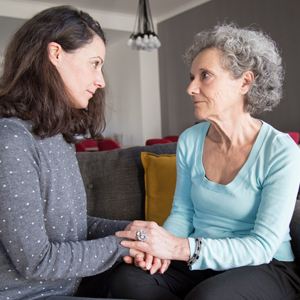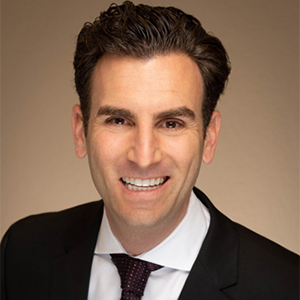Caregiving
-
Caregiving With Confidence
Creating Calm in ChaosA prepacked bag of essential and not-so-essential items can provide structure and comfort to people with cancer during treatment.
by K.J. Bannan
-
Sound Advice
What options do caregivers have for taking time away from work?An expert shares tips for taking time off from a job to spend time caring for a loved one.
-
Caregiving With Confidence
Nurture a Circle of SupportLeaning on others can help to make you a better caregiver.
by K.J. Bannan
-
Sound Advice
How Do I Set Boundaries for Visitors?My father has been struggling with people asking to visit him often. How do I set boundaries for visitors without making anyone feel bad? JANE DABNEY: The first thing to keep in mind is that people generally mean well. They don’t want to disrupt the life of the person with cancer or you as a […]
-
Caregiving With Confidence
Learning Your LimitsAs a caregiver, you want to be there for your loved ones, but it's also necessary to take time for yourself.
by K.J. Bannan
-
Sound Advice
How Can I Schedule Time for Caregiving?Patrice Heinz from the National Alliance for Caregiving offers advice for arranging your schedule to meet the needs of a loved one with cancer.
by Patrice A. Heinz
-
Caregiving With Confidence
A Crash Course in CancerCaregivers can act as teachers and liaisons for their loved ones. Here’s how they can quickly get up to speed on cancer.
by K.J. Bannan
-
Caregiving With Confidence
What Are the Goals of Care?It's never too early for caregivers to initiate discussions about treatment goals.
by K.J. Bannan
-
Sound Advice
Winter 2021/2022vol 11 | issue 04
Changing jobs and insurance during treatment, speaking to kids about family cancer risk and pursuing professional caregiving. -
Forward Look
Cancer MisinformationBad advice shared online can have a negative effect, even if it's not followed.
by Erin O'Donnell












